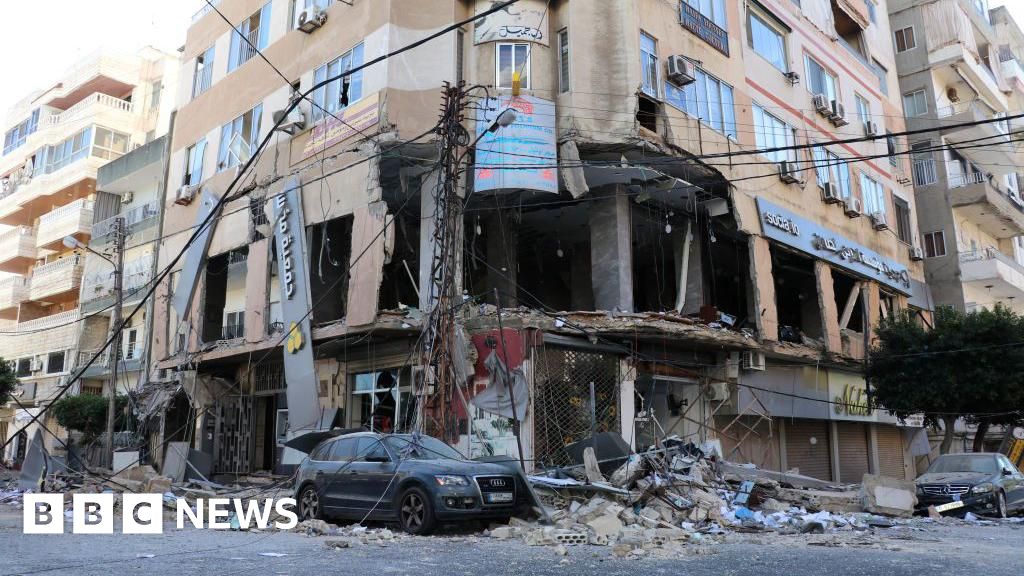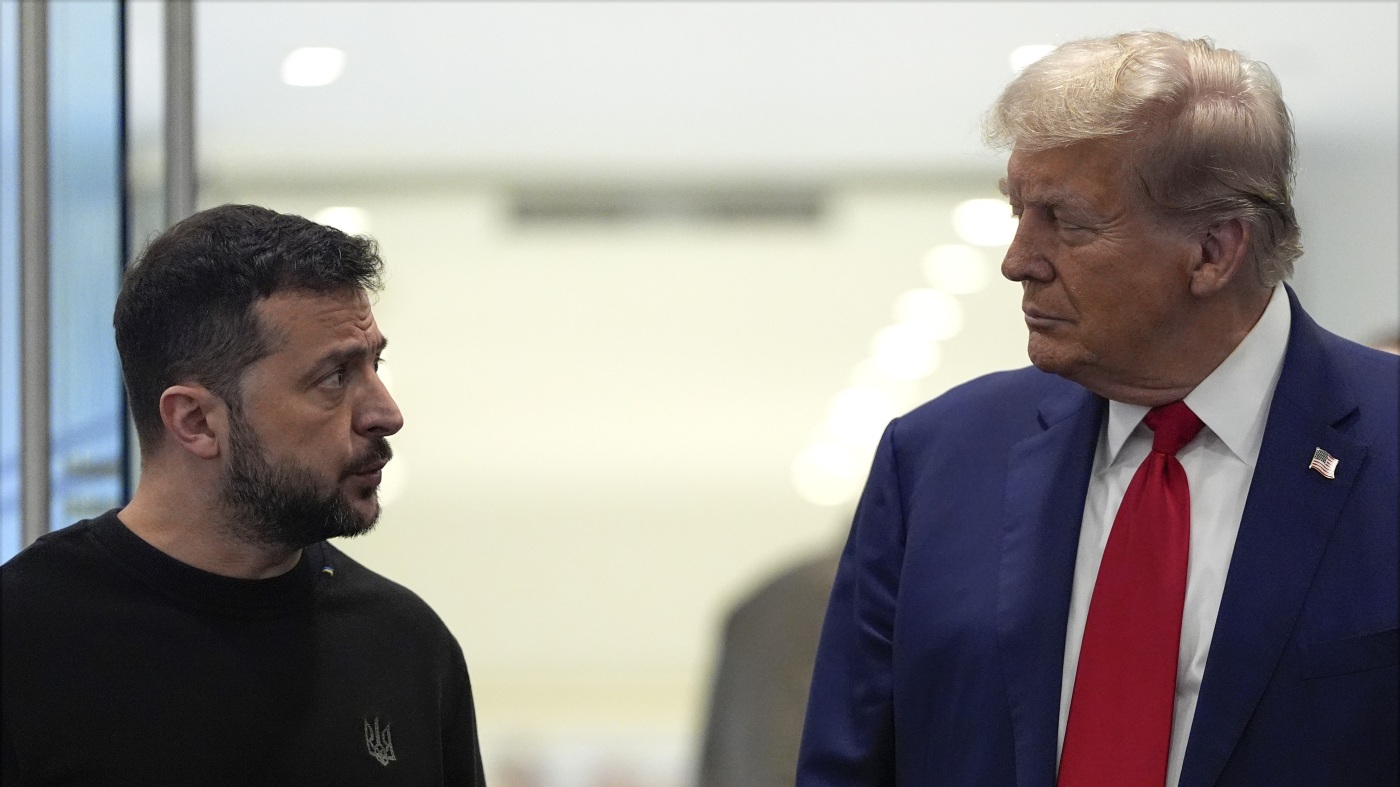Despite his pro-independence party Junts finishing second in the elections, leader Carles Puigdemont continues to pursue his aim of leading the next Catalan government.
Pedro Sanchez's Socialist Party won Catalonia's elections but will still need the votes of leftist Catalan party ERC to form a progressive government. Yet, former president Carles Puigdemont, who came second, is asking the socialists to allow him to return to office. In exchange, he would give his support to Sanchez' minority government in Madrid.
The Socialist Party is celebrating a decisive victory in the recent Catalan elections. It is widely seen as society's validation of Pedro Sánchez's approach towards Catalonia and his proposal to grant amnesty to political leaders involved in the 2017 independence movement, including the exiled former president Carles Puigdemont.
According to Jaime Coulbois, a political science expert from the Autonomous University of Madrid, the pro-independence parties have failed, for the first time in years, to secure a parliamentary majority.
"The parties that support the independence of Catalonia have not, for the first time in many years, achieved a parliamentary majority, and when we look at the vote share, these parties have also not received majority support in Catalonia", Coulbois said.
Despite this victory, Salvador Illa's potential government hinges on alliances with Sanchez' coalition partners 'Sumar' and the left-wing pro-independence party, Esquerra Republicana. Esquerra lost 13 seats despite holding government in Catalonia.
The ERC leader and president of the Generalitat, Pere Aragones, has announced he's leaving first-line politics as a consequence of his party's poor performance in the elections.
Coulbois suggests that a left-wing pact is the most probable outcome, contingent upon Esquerra's stance. "The truth is that Esquerra will now have a fairly serious debate between sectors that will consider a more pragmatic approach, and another sector that will say that it is not acceptable to pact with the socialists, that we must continue with the objective of independence, but that would likely lead to an election rerun, and Esquerra must decide if it's worth it…"
Carles Puigdemont not expected to give up
Meanwhile, Carles Puigdemont, who secured second place in the elections, demands that Salvador Illa step aside to allow for a minority independence government. In return, Puigdemont offers to support Pedro Sanchez's government in Madrid.
Analysing Puigdemont's leverage, Coulbois points out that some deputies crucial for maintaining the parliamentary majority are affiliated with Puigdemont's party, 'Junts'. "There could be a situation in which Puigdemont, let's say, blackmails Pedro Sanchez, saying if you don't give me this, I won't support you anymore…", Coulbois explained.
As discussions unfold, the possibility of a rerun of elections remains uncertain, pending the counting of overseas votes. However unlikely, this could jeopardise Illa's position within the left-wing bloc.

 5 months ago
19
5 months ago
19








